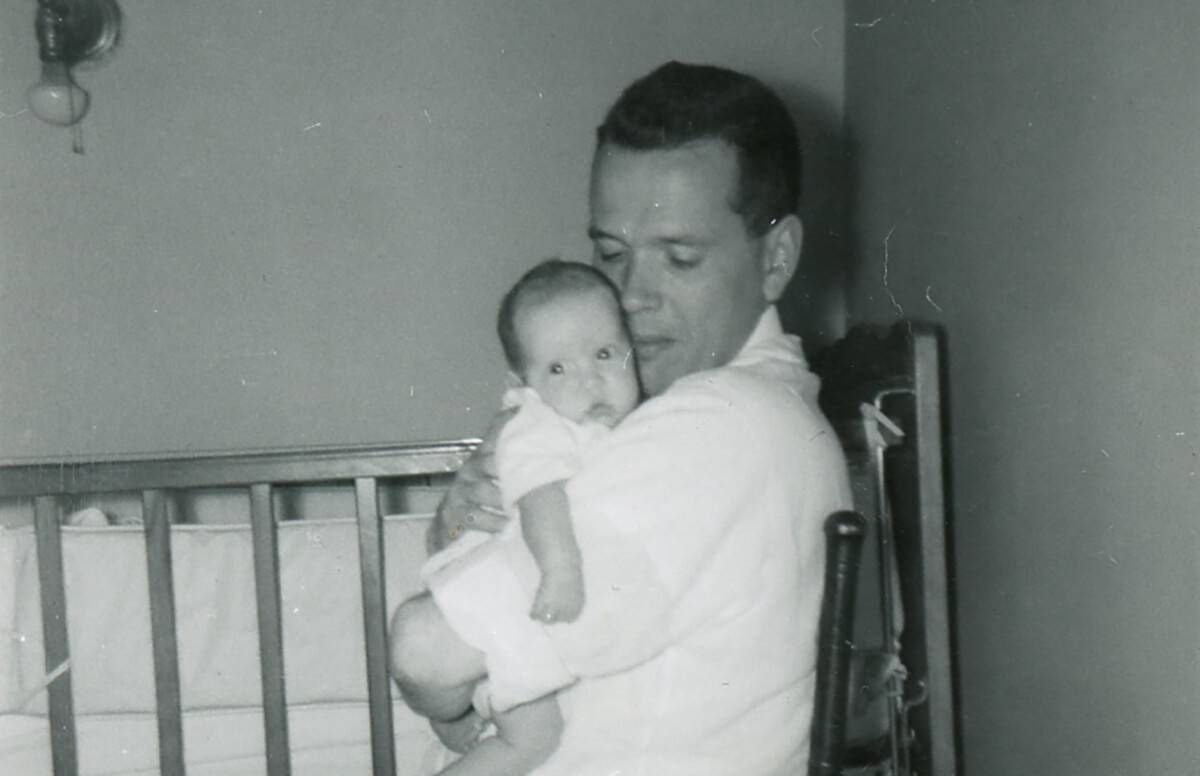A Triangle of Tragedy in 1968
Looking back on how life was forever changed during that sad spring
It was April 4, 1968. I remember the date because it was the only time I ever saw both of my parents cry.

I was a 10-year-old boy sitting in my parents’ big blue Chevy station wagon. It was parked outside of a pharmacy in my hometown of Kalamazoo, Mich. My mother had stopped to pick up a prescription; the drugs were probably for my handicapped father.
My mother came out of the drugstore that evening with a look I rarely saw. She quickly walked to the driver’s side and told my father that the Rev. Martin Luther King Jr. had been killed. The pharmacist had just heard the news on the radio.
I don’t recall much being said on the ride home, but over the next few days we talked about the civil rights movement — the boycotts, the sit-ins, the attack dogs. Both of my parents were social workers and they raised their children in a world where the personal and political inevitably collided. I remember watching a lot of TV that week and seeing many scenes of rioting and burning. It was a great deal for a 10-year-old to take in.
An Unspeakable Loss
One month and one day later, death would again touch my life. May 5, 1968 was a Sunday, and I woke up early. I bounded down the stairs in the hope of catching some cartoons. On the way to our family’s TV room I cut through the living room.
My father hadn’t felt well the night before and had slept on the couch. The instant I saw him that morning I knew he was dead. Laying on his back with his mouth frozen in a half snore, my father had died of a massive heart attack during the night. He was 44. It became my job to go upstairs and tell my mother.
It was my father who taught me how to throw a baseball, how to collect stamps, how to treat people fairly. He also taught me how to deal with adversity. It was my father, a person society labeled a cripple, who told me to always root for the underdog. Whenever I was frightened or hurt or troubled, I always knew I could run into my father’s arms. Now he was gone.
I remember the next few hours and days vividly. The horrible frantic scene of the ambulance arriving at our home. My mother screaming. My six brothers and sisters huddled in an upstairs bedroom crying. Four days later, I attended the first funeral of my life. I left the church with a sore throat from choking back tears.
Getting Used to Death
In the spring of 1968, presidential politics touched my hometown when Robert Kennedy gave a speech on the town square. My family piled into the blue Chevy and drove downtown to listen to him. We waited for hours to catch a glimpse of the candidate as he made his way to the speaking platform. I remember the sun going down and the evening growing cold.
Finally, Kennedy fought his way through the crowd and gave a short speech in front of the courthouse. In the bustle, he lost one of his shoes. A young mother took it home as a souvenir. One of my brothers shook Kennedy’s hand. My Aunt Ruth told him he might have shaken the hand of the next president of the United States.
One month and one day after my father’s death, it turned out that my brother had merely shaken the hand of another dead man. I found out about Bobby Kennedy’s assassination at the bus stop on my way to school. A classmate, Joe, said that the wound wasn’t serious and that Kennedy would probably recover. I knew better. Joe often got things wrong. And I was getting mighty used to death.
Three months, three untimely deaths. And with each of those deaths, some of the hope left my life.
The Power of Images
In the spring of 1968, I was forced to learn horrible truths.
I learned that life, both in my little world and in the world beyond, is terribly fragile.
I learned that life is often unfair.
And just like Chicken Little in the childhood tale, I learned that skies can indeed fall, even upon the head of a sweet father who read me bedtime stories each night.
Fifty years have passed. The child of 10 has just turned 60, and has the wrinkles and scars to prove it. Yet I consider myself lucky. I have the love of a wonderful wife and two marvelous children and a host of devoted friends. I have worked hard at filling the hole in my life caused by the pain of the terrible spring of 1968. Most days, I do just fine.
I make my living as a television producer. It is an industry composed of images. And when I think back on 1968, it is the images that remain. Martin Luther King Jr. sprawled on a motel balcony with his aides frantically pointing to the sky. My young father dead on the living room couch with his mouth frozen open. Robert Kennedy speaking under the stars on the steps of a Midwest courthouse.
There have been times in my life when I have tried to erase these disturbing images, but as I become older I find that I often seek them out. I then try to recapture the long-ago emotions that go with these painful pictures in my mind’s eye — the little-kid fear, the deep sadness, the utter grief. Over the passage of five decades I’ve learned that I need to feel that hurt if I am to fully grasp and appreciate the richness of all that I’ve lost.
So that’s what I shall try to do this spring. Reach back. Reconnect. Reclaim.

